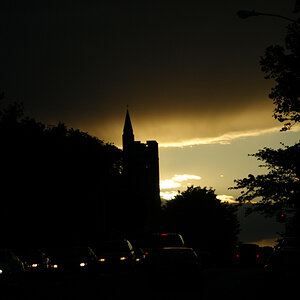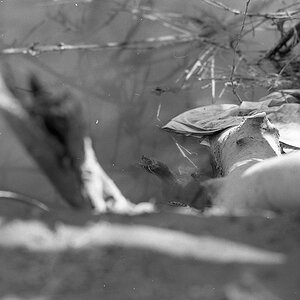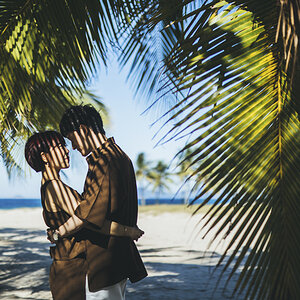Chireru
TPF Noob!
I've been researching on this topic for a while, and still have not found solid answers. After being approached by people who just make up rules/regulations/laws about photography in public, I got to wondering what the real laws were.
I have a great deal of content that I've found, which I'll post when I get a chance a little later, but for now, does anyone here have an understanding of what laws are in effect with regards to photography in Canada? (more specifically, Toronto, Ontario).
I have a great deal of content that I've found, which I'll post when I get a chance a little later, but for now, does anyone here have an understanding of what laws are in effect with regards to photography in Canada? (more specifically, Toronto, Ontario).


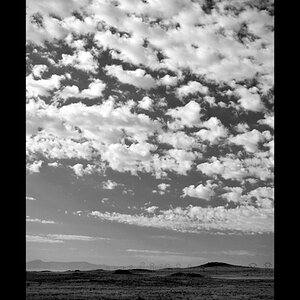
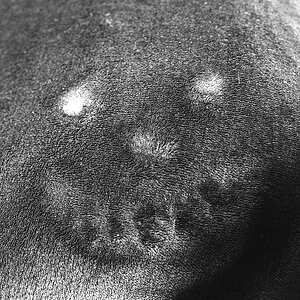
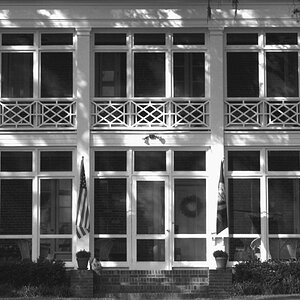
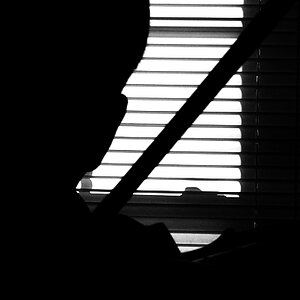
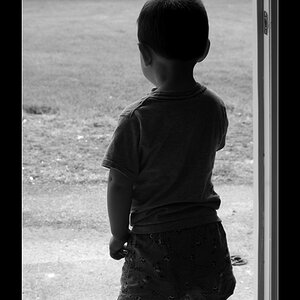
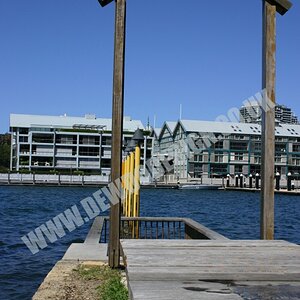
![[No title]](/data/xfmg/thumbnail/32/32159-cd588f68f116c390a4eaddec2380f1a6.jpg?1619735234)
![[No title]](/data/xfmg/thumbnail/37/37614-3833b9d2e46075829c91cf9c0f47af69.jpg?1619738150)

